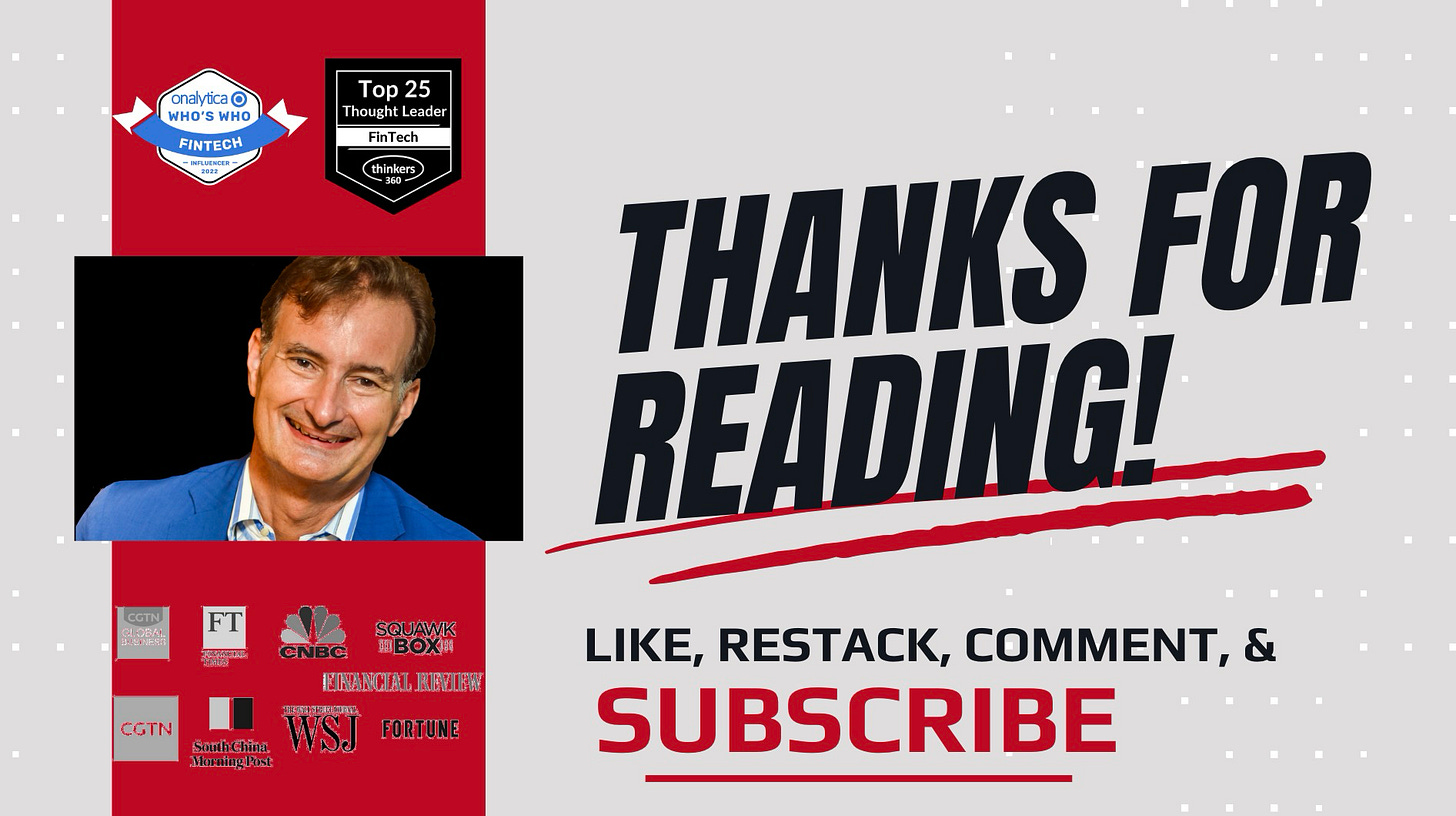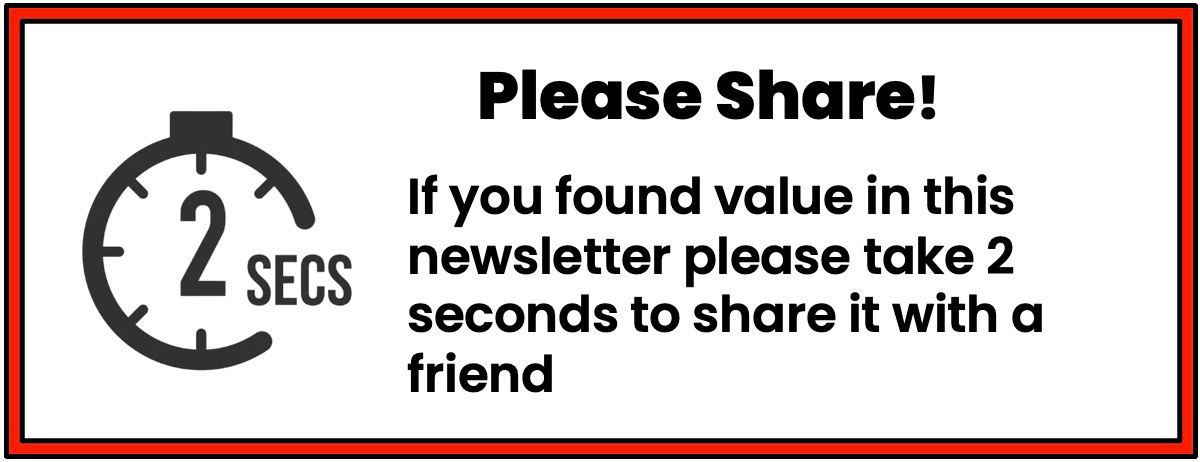Digital Euro Progress Report: Guns Blazing for US Cards, Offline Payments Progress.
The ECB is making great progress on the digital euro!
The ECB just published its second progress report on the “preparation phase” of the digital euro, and the ECB is making great progress.
In this report, the ECB addresses key issues like privacy, offline payments, the “rulebook,” and holding limits.
What never ceases to amaze me is that the ECB is gunning for US credit cards, lamenting “Europe’s dependence on international card schemes and non-European digital payment wallet providers.”
The two technical takeaways from this report focus on holding limits, and off-line payments and their relationship to privacy. Progress has also been made on the “digital euro rulebook,” which defines how the system will operate.
👉TAKEAWAYS (with commentary)
🔹Holding Limits:
The holding limit is designed to ensure CBDCs do not destabilize banks. The trick is not to set the number too low, limiting the digital euro’s utility or too high, which, in theory, could impact bank reserves. So far, suggestions range from a high of around € 3,000 to banks, which, unsurprisingly, came in at a low of €500!
Banks, despite holding limits, still complain that credit could be tight during a stress scenario due to CBDCs. Again, banks loathe CBDCs, and holding limits are designed to ensure they are not destabilized, but still, they press on. Oh, by the way, all banks need to do to solve this problem is pay higher interest rates than the digital euro’s 0% interest!
Consumer groups noted the competition with cash as some may still prefer to use cash. This is an old complaint, and given how cash exists side-by-side with cards today, though, in decreasing quantities, I do not see this as an issue.
🔹Privacy and Offline Transfer
The ECB had a big win for offline transactions with the new ability to access secure elements of mobile phones. This is all about Apple finally agreeing to open its NFC readers to other payment providers. The EU came after Apple and deservedly so! Now with NFC available on all phones it will be easier to implement offline transactions.
The ECB did drop an interesting plan for privacy protection. It suggests that the offline functionality of the digital euro could be used for person-to-person payments and in shops for those who want maximum privacy.
This isn’t a bad idea, but it will likely not satisfy privacy advocates who will claim that offline transactions aren’t sufficiently private.
👊STRAIGHT TALK👊
Anyone who thinks my title is too provocative should read this from the ECB to see how serious they are about their dislike of US cards:
“The current payment landscape in Europe lacks a pan-European retail digital payment solution. Domestic schemes and private initiatives are competing with international card schemes. The increasing popularity of digital wallets provided by non-European players poses an additional challenge. This reliance on non-European providers creates undesired dependence and potential vulnerabilities in payment resilience.”
The EU has a point in that its “payment resilience” depends on US card companies who are compelled to follow US policies. What happens if the US cuts financial ties with individuals or groups in the EU? Would their cards be shut down, and what if the EU disagreed?
The big question is who will pay for the digital euro, and the ECB suggests:
”a compensation model that allows for both merchant and interchange fees, while also waiving any scheme or processing fees such as those charged by international card schemes.”
So, there will be merchant fees, but they will be very low. The best example of this is Alipay’s maximum merchant fee of 0.006%, which gives you an idea of what may be possible. We can only hope!
Kudos to the ECB!
Please share on Substack with a restack!
Readers like you make my work possible! Please buy me a coffee or consider a paid subscription to support my work. Thank you!
Sponsor Cashless and reach a targeted audience of over 55,000 fintech and CBDC aficionados who would love to know more about what you do!









